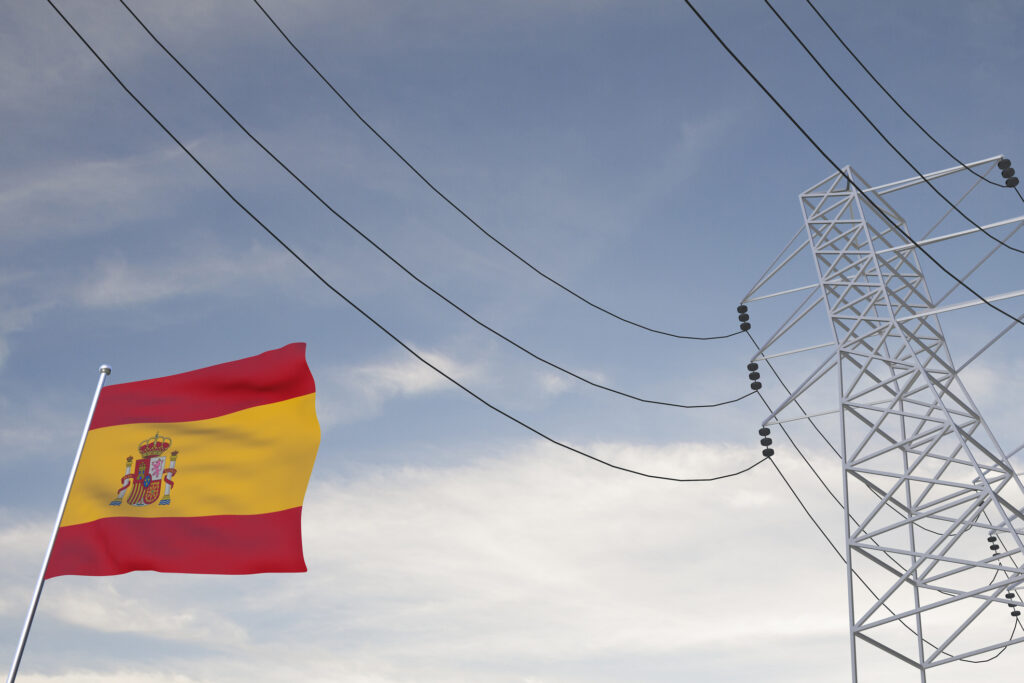In a video posted to his political campaign’s YouTube account on Nov. 21, President-elect Donald Trump vowed to withdraw the U.S. from the ongoing negotiations related to the Trans-Pacific Partnership (TPP), a 12-nation trade agreement designed to reduce government barriers and tariffs restricting exchanges between consumers and producers in Asian countries.
By restricting trade and making it harder for goods to flow in and out of the country, Trump, who campaigned on promises to make government work for the working man, would actually be making government work for special-interest groups, such as industry lobbyists.
Milton Friedman, an economist allegedly revered by many lawmakers who are now backing Trump’s trade tirades, warned us about how voluntary exchange across national borders is a canary for looming political problems.
In his book “Capitalism and Freedom,” Friedman wrote that nationalist attacks against free trade are often the first step toward an assault on freedom.
“Interferences with international trade appear innocuous; they can get the support of people who are otherwise apprehensive of interference by government into economic affairs; many a businessman even regards them as part of the ‘American Way of Life’; yet there are few interferences which are capable of spreading so far and ultimately being so destructive of free enterprise,” Friedman wrote. “There is much experience to suggest that the most effective way to convert a market economy into an authoritarian economic society is to start by imposing direct controls on foreign exchange. This one step leads inevitably to the rationing of imports, to control over domestic production that uses imported products or that produces substitutes for imports, and so on in a never-ending spiral.”
Lowering foreign governments’ barriers against American-grown agricultural goods and expanding the scope of markets into which American goods could be more fairly traded and sold would have benefited people in rural areas, Trump’s geographic power base in the Nov. 8 election.
According to estimates from the American Farm Bureau Federation, TPP would have increased annual U.S. net farm income by about $4.4 billion and created over 40,000 farming jobs.
Free-trade opponents, now ascendant, have claimed TPP was a scheme designed by big businesses to benefit big businesses. Ironically, the Center for Responsive Politics’ examination of over 400 reports filed with the U.S. Secretary of the Senate’s Office of Public Records shows much TPP-related lobbying did not come from potential beneficiaries, but from well-funded opponents seeking special government protections from competition, such as the American Federation of Labor and Congress of Industrial Organizations (AFL-CIO) and the United Automobile Workers (UAW).
AFL-CIO and UAW are only able to exist by siphoning their lifeblood from the body of productive voluntary exchange in the same way a parasite might. By seeking to insert Washington, D.C., into the process of consumers trading dollars for goods and producers trading goods for dollars, by erecting trade barriers, lawmakers are handing AFL-CIO and UAW even more opportunities for graft.
The effects of Trump’s anti-trade rhetoric aren’t limited to keeping U.S. goods off the shelves in Japan or Malaysia, though. In September 2016, Trump promised to add a 35% tax on automobiles manufactured in Mexico, a country often scapegoated by “economic nationalists.”
“When that (Ford) car comes back across the border into our country that now comes in free, we’re going to charge them a 35% tariff,” Trump told morning talk-show hosts in September.
This economic nationalism, implemented in the form of a wall against shipping goods purchased by American consumers, would add about $2.8 billion to the Ford company’s cost of business, causing automobile retail prices to shoot up in response to the federal government’s added regulatory costs.
As Friedman also famously observed, “One of the great mistakes is to judge policies and programs by their intentions rather than their results.” After running a campaign predicated on helping the little guy get ahead, such policies would have the opposite effect.
Trump’s economic populism may be intended to benefit the working man and not the connected insider, but restricting free trade and giving Washington a larger role in people’s economic decisions will only benefit government and those who depend on government for their paychecks.
[Originally Published at Investor’s Business Daily]





